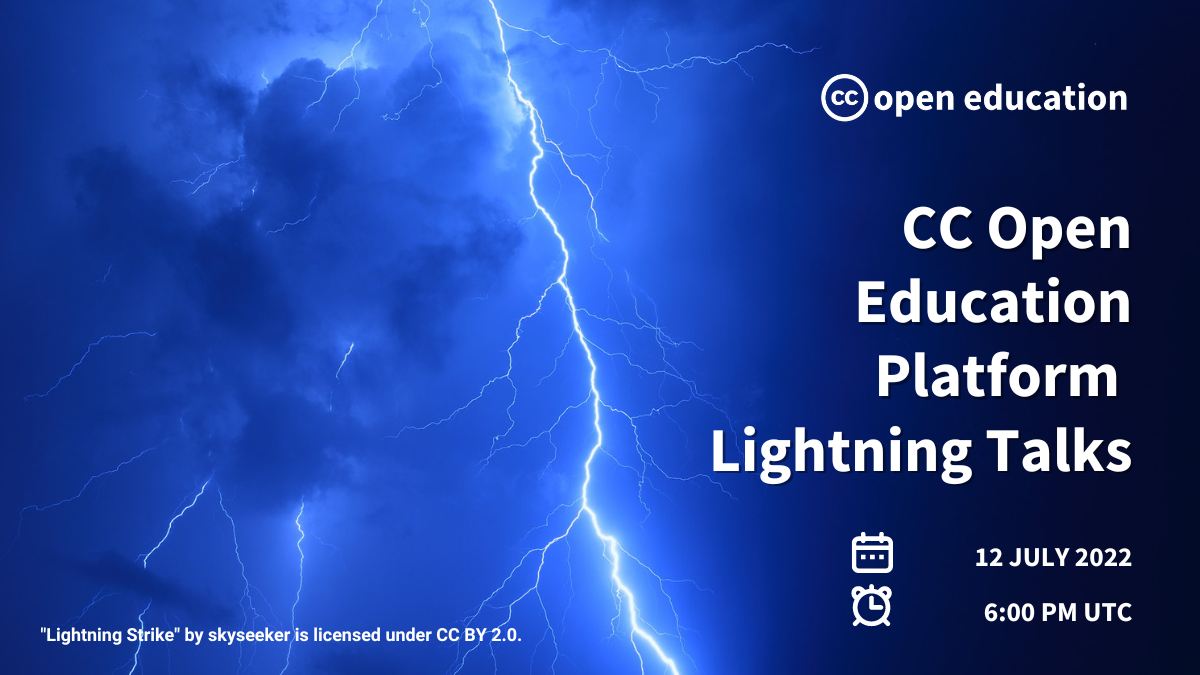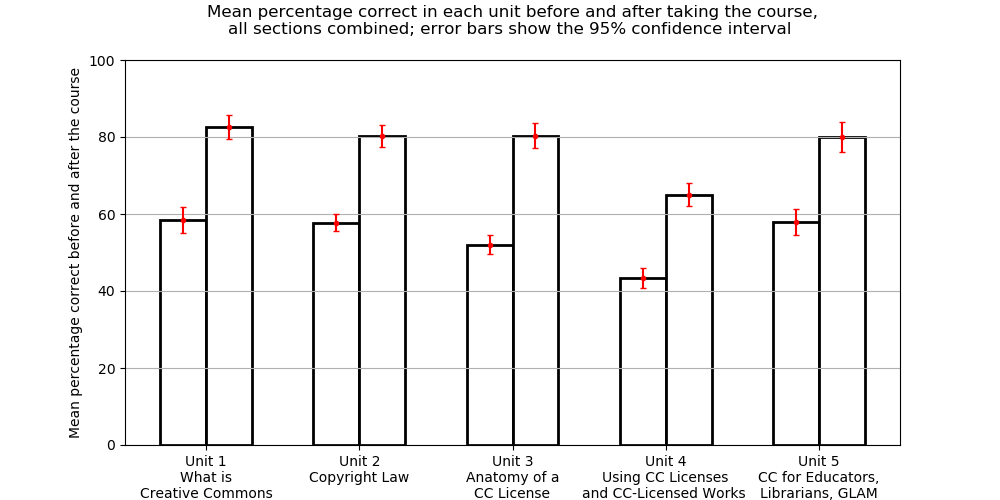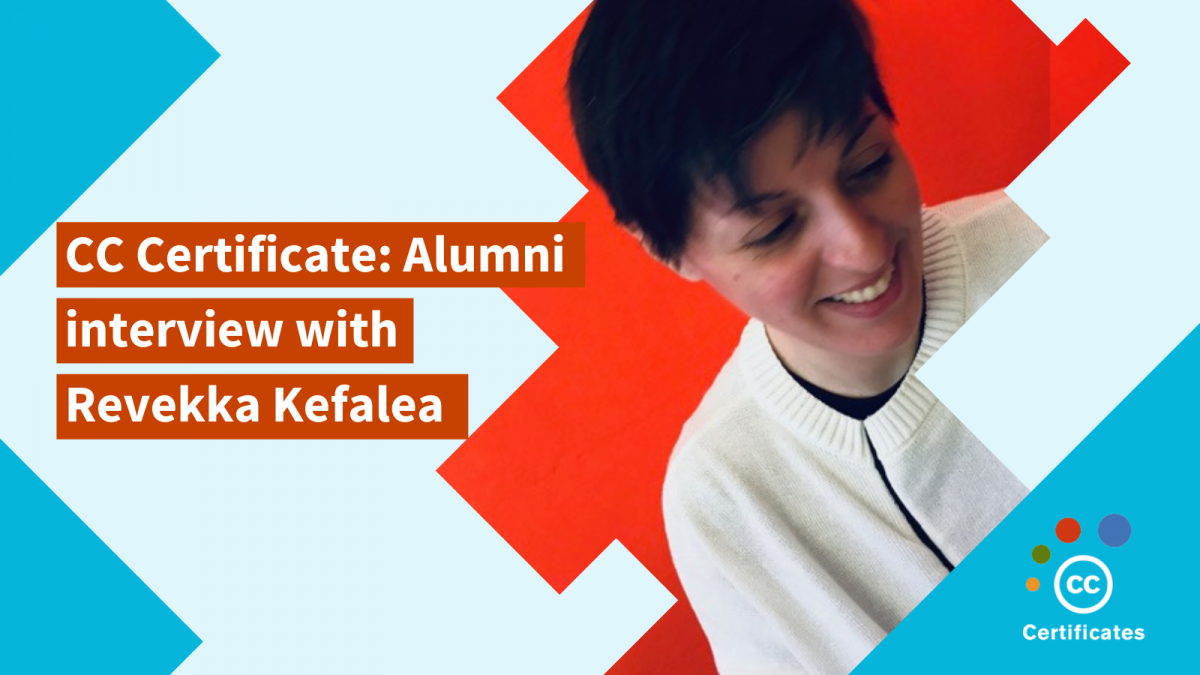
今年4月,ccLearn首次打通了与意大利和乌克兰的电话线。Executive Director Ahrash Bissell spoke witheIFL.net美国图书馆电子信息协会(Electronic Information for Libraries)是一个国际非营利性组织,其主要利益在于为图书馆制定开放获取的出版和公平、平衡的知识产权法。
Below is a follow-up interview over email with Rima Kupryte, Director of eIFL.net, and Iryna Kuchma, Program Manager ofeIFL-OA(开放)。
First, can you say a few words about yourselves and eIFL? How did you come to get involved in eIFL and to hold your respective positions within the larger framework? What about eIFL attracted you?
Rima
I am a professional librarian, graduated from Vilnius University in Lithuania. I joined theOpen Society Institute- 1995年后期布达佩斯(OSI)网络图书馆方案。eIFL的想法诞生于OSI,后来这个想法变成了一个独立的组织,我在2003年OSI成立时加入了它。我来自立陶宛,在我还是学生的时候,那里的图书馆资源匮乏,获取信息的途径也受到限制。我对各种想法充满热情——如何改善图书馆,开放图书馆,为用户提供更好的服务。efl.net是一个非常创新和有创意的组织,提供了很多机会和想法;it makes things happen.
Iryna
eIFL’s mission statement, “Enabling access to knowledge through libraries in developing and transition countries,” appeals to me a lot. I graduated from the social sciences department and access to knowledge was one of my research topics as well as social aspects of open access, free and open source software and open content licenses. For nine years I worked for OSI in Ukraine and Open Access was one of my program areas. It was fascinating to see the positive changes in scholarly communication and I am glad I can go on with this program – Open Access – in eIFL.net.
那么eIFL本身呢?你能总结一下它的宗旨、使命和首要议程吗?假设您还没有一个,如果您可以为eIFL正在尝试做的事情想出一个朗朗上口的新口号,您会是什么?
eIFL.net is a not-for-profit organization that supports and advocates the wide availability of electronic resources by library users in transitional and developing countries. It is universally acknowledged that access to knowledge is fundamental to education and research and the creation of human capital upon which the development of societies depend. This is especially true in a knowledge society where economic progress depends on having a literate and educated population. Libraries and education are synonymous. A library has little meaning if it cannot impart knowledge. Good education cannot exist without access to quality information resources to support teaching, learning and research. Our current slogan is “Enabling access to knowledge through libraries in transition and developing countries”. In July we will be having an eIFL visioning retreat to brainstorm and think where eIFL.net will be five to ten years from now.
Iryna
efl.net是一个拥有2220个图书馆的强大网络,分布在47个转型期和发展中国家,总人口达8亿人,包括亚美尼亚、阿塞拜疆、白俄罗斯、波斯尼亚和黑塞哥维那、博茨瓦纳、保加利亚、柬埔寨、喀麦隆、中国、克罗地亚、埃及、爱沙尼亚、格鲁吉亚、加纳、约旦、肯尼亚、科索沃、吉尔吉斯斯坦、老挝、拉脱维亚、莱索托、立陶宛、马其顿、马拉维、马里、摩尔多瓦、蒙古、莫桑比克、尼泊尔、尼日利亚、巴勒斯坦、波兰、俄罗斯、塞内加尔、塞尔维亚、斯洛文尼亚、南非、苏丹、斯威士兰、叙利亚、塔吉克斯坦、乌克兰、乌兹别克斯坦、赞比亚和津巴布韦。2008年,一个开放获取试点讲习班计划在拉丁美洲-古巴举行。
I’ve gathered (mainly from information on your website) that eIFL and Creative Commons are promoting and doing similar things. For example, the vision of the eIFL program “Advocacy for Access to Knowledge: copyright and libraries”, known as eIFL-IP, is the development of fair and balanced copyright laws taking into account libraries and the public interest. How would you relate these goals to CC and CC-licensing?
The goal ofeIFL-IP是通过公平和平衡的版权法,最大限度地获取教育、研究和公民社会的知识,版权法考虑到图书馆以及依赖图书馆服务来促进其教育、职业和生活机会的学生、研究人员和专业人员的需求。我们的愿景是,eIFL-IP图书馆员将成为促进知识获取的积极分子和领导者,特别是在数字时代。We are achieving this by
- creating a network of library copyright specialists and building capacity in the library perspective in copyright issues.
- becoming the recognised advocate for library copyright issues in developing and transitioning countries at international and national levels.
- encouraging the international library community to place the issues of developing and transitioning countries high on their agendas.
eIFL-IP and CC are natural allies because
- eIFL-IP支持通过开放内容许可(如CC和GPL)使用替代模型。.net提倡开放获取和OER。
- eIFL-IP和CC都促进对内容(对于CC数字内容)的访问。
- eIFL-IP建设能力和提高意识,包括如何利用版权法作为获取知识的工具,而不是扭曲、拒绝或延迟获取知识的手段。CC许可通过促进版权系统内的全方位可能性(即从所有保留的权利到公共领域)来支持这一目标。
- 作为信息专业人员,图书馆员应该能够就与获取和使用数字内容有关的问题向图书馆客户提供建议。With its powerful brand, CC helps librarians to understand and promote issues relating to access.
For more information on the library perspective on CC:http://www.eifl.net/cps/sections/services/eifl-ip/docs/handbook-e/#cc
What are some of the major challenges eIFL-IP faces?
The challenge that remains is how to build capacity at the national level; when we are working well at both international and national levels, we will achieve the best results.
版权与图书馆的相关性并不总是被认识到,因为它与图书馆日常活动的联系没有被完全理解。然而,这种情况正在改变,eIFL-IP图书馆员正变得越来越意识到,因此也更加积极。一旦建立了这种联系,倡导更好的版权法的重要性就会得到更好的理解。
Good activists are in short supply so it is disappointing to lose trained people due to changes in jobs or through emigration. We rely almost entirely on volunteers which limits our ability to make too onerous demands or to enforce deadlines.
How do you think these challenges will be overcome?
By focusing on building capacity
- providing resources e.g.http://www.eifl.net/cps/sections/services/eifl-ip/issues/eifl-handbook-on
- holding an annual conference for face-to-face training e.g.http://www.eifl.net/cps/sections/services/eifl-ip/training/2008-istanbul
- identifying “champions” and encouraging those who are active e.g. Moldova came to WIPO in March 2008, support for regional events (e.g. Nigeria Library Association pre-conference on copyright and digitisation in June 2008).
- developing a curriculum in copyright issues for libraries for mass training (see below).
You are also now developing a distance learning course on copyright for librarians jointly with the Berkman Center for Internet and Society at Harvard Law. Can you describe the project?
In partnership with theBerkman Center for Internet and Societyat Harvard Law School in the USA, we are developing a brand new curriculum oncopyright for librarians. This is a first, and we hope that many more librarians, especially in developing and transitioning countries, will benefit from the training and become advocates for access to knowledge.
The curriculum seeks to develop greater understanding of copyright by librarians. The goal is to build a human network from which they can draw support. We hope to reach a critical mass of librarians who can contribute to public discussion, who can take part in informed debate with government and industry representatives, and who can join the library community from the developed world by expressing their views in important international forums, such as the World Intellectual Property Organization (WIPO). The course should be implemented with strategic partners in the global South, such as library training and law schools in universities, as well as distance learning programs.
The goals of the course are:
- To develop greater understanding of copyright by librarians by providing copyright training tailored to the needs of librarians in developing and transitioning countries.
- To support librarians’ mission (participation to the access to knowledge movement).
- To help librarians answer copyright questions they face during their work.
- 帮助图书管理员回答用户关于其权利(教授、学生、公众)的问题。
- To empower librarians to advise governments and other public policy makers and initiatives toward balanced copyright law.
The project lead Melanie Dulong de Rosnay, Berkman Fellow, has been legal lead for CC France since 2003.. A meeting of international experts in libraries, copyright, distance learning and developing countries took place at the Berkman Center 17-18 April 2008 to provide advice on the structure, methodology and the content of the course as well as its sustainability.
这种合作关系以及其他合作关系对你的工作有多重要?你是否在寻求更多的合作伙伴?什么类型的组织是你努力的关键?
Collaboration is very important as our agenda and wishes are great and we can not accomplish everything by ourselves. There are certain movements and program areas that require strong advocacy, and for this, more voices are better. This applies to our activities in Open Access (OA), Intellectual Property (IP) and Free and Open Source (FOSS). Some of our programs are more advanced than others as we launched them in different years. Our newest program is on FOSS; we started it only last fall. We have quite a long list of NGO partners in IP, which were built due to our strong presence at WIPO. We are building more partnerships in OA and FOSS this year.
Iryna
我们的目标受众是学者和研究人员,医生和律师,学生和教师。在开放获取项目中,我们与人权组织、环境组织、要求获取政府信息的患者团体、互联网活动家(维基百科社区、知识共享等)建立联盟,以纳税人获取联盟(一个代表纳税人、患者、医生、研究人员和支持对纳税人资助的研究开放公众获取的机构的多样化和不断增长的组织联盟)的方式为模型。卡塔尔vs葡萄牙分析我们正与SPARC和SPARC欧洲、欧洲学者、DRIVER项目、电子出版信托、BioLine国际、研究图书馆协会、Stichting SURF、荷兰信息技术高等教育和研究合作组织、开放获取期刊目录密切合作,我们也很高兴开始与ccLearn和知识共享国际(和iCommons)合作。卡塔尔vs葡萄牙分析
Like ccLearn, eIFL is a project that is involved with the Open Education Movement. How would you define the Open Education Movement, and what role does eIFL play in it?
The goal of the Open Education movement is to create a world where each and every person on earth can access and contribute to the sum of all human knowledge. This goal can be reached by developing a vast pool of educational resources on the Internet, open and free for all to use. eIFL Open Access (OA) Program encourages sharing of research publications and educational materials.
Through the eIFL OA Program, eIFL members build capacity of the issues related to OA to enable members to benefit from the content, which is made freely available through OA, as well as ensuring that the local content produced within their countries is widely distributed. This is accomplished through the development of open repositories (for the research papers and educational materials) and by encouraging authors within the countries to publish their articles in Open Access journals. eIFL-OA Program seeks to enhance access and use of research findings, increase the efficiency of research developments, and accelerate use and innovation—stimulating the economy. To achieve this, we apply the developing practices of Open Access as defined by the Budapest Open Access Initiative (http://www.soros.org/openaccess/). The same practices became the foundation for the recently launched Cape Town Open Education Declaration: Unlocking the promise of open educational resources (http://www.capetowndeclaration.org/).
此外,ccLearn专注于教育人们关于开放教育的法律和技术互操作性的重要性。你对此有什么看法?你认为在开放教育方面,ccLearn(和知识共享)还有哪些活动应该是优先考虑的?卡塔尔vs葡萄牙分析
是的,法律和技术的互操作性对开放教育极其重要。我们鼓励教育工作者、学者和学生使用开放技术,促进协作、灵活学习和开放共享。We advocate for Creative Commons Attribution Licenses used by a number of open access projects, e.g. The Public Library of Science (PLoS) – a non-profit organization of scientists and physicians committed to making the world’s scientific and medical literature a public resource. Everything they publish is freely available online to read, download, copy, distribute, and use (with attribution) any way one wishes. Creative Commons did a lot for the free culture movements around the world. These approaches should be adjusted now for the educators and learners encouraging them to practice open education and raising their awareness about open content licences. Raising awareness and sharing good examples and advocacy are key elements to the success of the Open Education movement.




